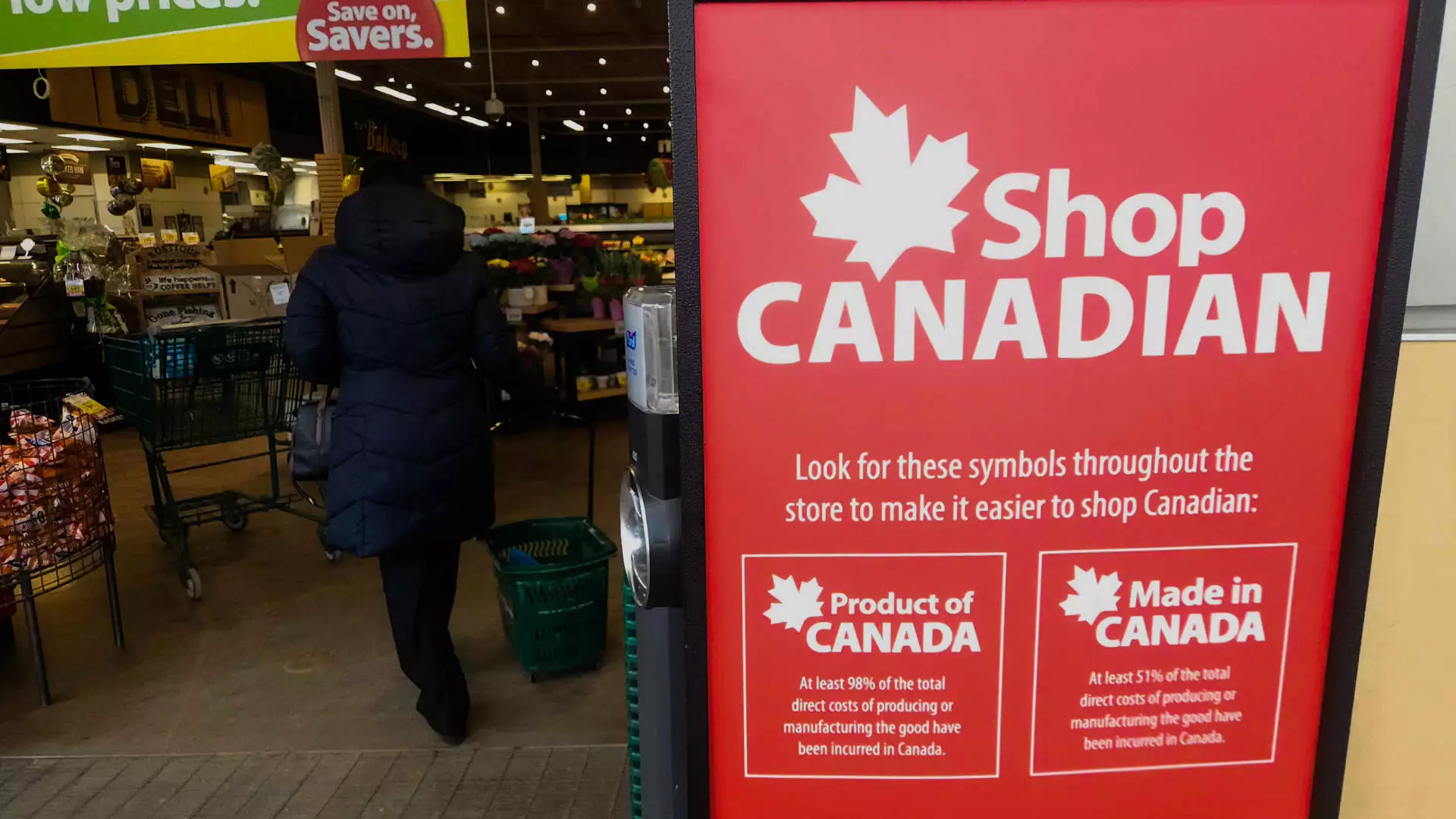In today’s political climate, the use of tariffs has become a contentious tool, especially under the recent administration of former President Donald Trump. While intended to protect local industries and reestablish manufacturing within the United States, tariffs—particularly those imposed on Canada—have had far-reaching consequences that extend well beyond mere economics. The insistence on using tariffs, even against long-standing allies such as Canada, has not only strained economic relations but has also led to an erosion of trust that could take years, if not decades, to repair.
Tariffs are often portrayed as a quick fix to trade imbalances, but the collateral damage reveals a troubling picture. When the Trump administration pressed forward with significant tariffs on Canadian energy and a variety of imports, the message sent was clear: America was willing to jeopardize its traditional allies for the sake of economic bravado. In 2024, the trade between the U.S. and Canada reached an astounding $762.1 billion, and the heavy-handed tariff strategy has prompted feelings of betrayal among Canadian businesses.
A Loss of Economic Partnership
The relationship between Canada and the U.S. is not merely transactional; it is deeply rooted in a historical partnership that has benefitted both nations. Canadians have long viewed the U.S. as a critical market for their exports—over 75% of Canadian goods make their way south of the border. Conversely, nearly half of all goods brought into Canada are sourced from the U.S. This delicate web of economic interdependence underscored how the imposition of tariffs, especially those aimed at everyday goods, represents a profound misunderstanding of the bilateral relationship.
One cannot overlook the impact on small businesses that form the backbone of the economy. Corinne Pohlmann, Executive Vice President of Advocacy at the Canadian Federation of Independent Business, made it clear: nearly half of their members are directly involved with trade relations with the U.S. The economic strain has led many small business owners to question their partnerships, even forcing them to renegotiate contracts in the face of fluctuating costs. The emotional toll is palpable; it feels like a betrayal that could fester and lead to a long-term distrust in the U.S. as a trading partner.
Creative Resistance
Amid rising tensions, Canadian businesses are employing innovative strategies to signal their resistance to U.S. tariffs. For example, Balzac’s Coffee Roasters rebranded their Americano coffee to “Canadiano,” igniting national pride as a direct response to the tariff provocations. Similarly, independent grocer chains like Your Independent Grocers are branding locally produced goods with a distinctly Canadian symbol—a maple leaf—making it clear which products are proudly Canadian in a time of uncertainty. This creative push against the tariffs tells a story of resilience amid adversity.
These grassroots movements highlight a growing consciousness among consumers who are eager to support local businesses over imported goods. As more than a quarter of CFIB members reported an uptick in demand for Canadian-made products, it’s evident that the tariffs have mobilized a sense of national identity and pride that transcends mere economic transactions.
The Shadow of Soft Power
Beyond economic implications, the long-term effects on U.S. soft power must be examined. Former Secretary of State Antony Blinken spoke candidly about his concerns regarding the implications of these tariffs on America’s global standing. Trade relationships often serve as a diplomatic bridge, and to jeopardize robust partnerships with Canada, Mexico, and other allies risks creating a void that could be filled by more aggressive players like China. The lesson here is that robust economies do not go hand-in-hand with coercive diplomacy; they thrive in an atmosphere of cooperation and mutual respect.
The idea that the U.S. could cede its leadership role in global affairs by undermining established trade relationships in favor of short-term gains is alarming. Blinken’s insights serve as both a warning and a call to action: eroded trust and fractured partnerships could lead to a shift in how the world views U.S. influence across various geopolitical arenas.
The Road Ahead: A Fractured Relationship
While tariffs may be adjusted or removed, the scars left by such aggressive economic policies may persist. Pohlmann points out that even in the face of potential tariff relief, Canadian businesses remain cautious about reopening trade channels with U.S. partners. The lost contracts and damaged reputations may have irreparably severed bonds that once fostered an environment of collaboration.
The essence of these recent economic troubles stems from a misguided approach to trade that prioritizes nationalistic sentiments over cooperative strategies. If the United States hopes to rebuild its relationships—not just with Canada but with the broader international community—it must rethink its reliance on tariffs as a mechanism of trade policy. In a world increasingly divided by economic nationalism, moving towards understanding and cooperation may be the only viable path forward.

